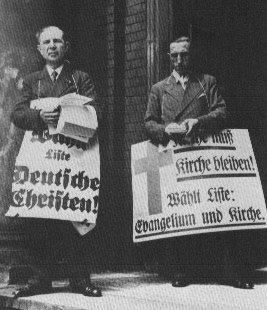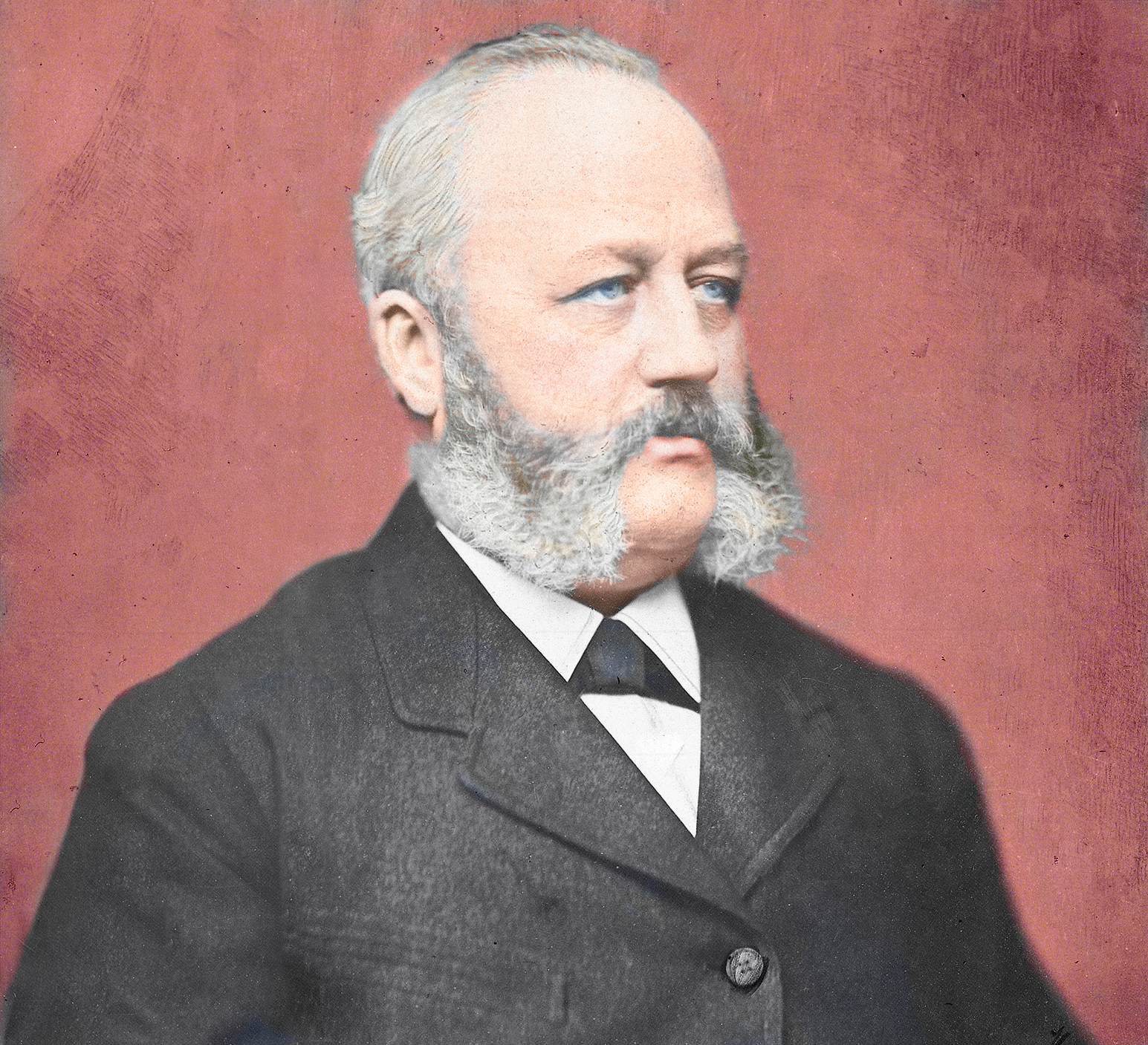|
Barmen
Barmen is a former industrial metropolis of the region of Bergisches Land, Germany, which merged with four other towns in 1929 to form the city of Wuppertal. Barmen, together with the neighbouring town of Elberfeld founded the first electric suspended monorail tramway system, the Schwebebahn ''floating tram''. History Barmen was a pioneering centre for both the early industrial revolution on the European mainland, and for the socialist movement and its theory. It was the location of one of the first concentration camps in Nazi Germany, KZ Wuppertal-Barmen, later better known as Kemna concentration camp. Oberbarmen (Upper Barmen) is the eastern part of Barmen, and Unterbarmen (Lower Barmen) the western part. One of its claims to fame is the fact that Friedrich Engels, co-author of ''The Communist Manifesto'', was born in Barmen. Another of its claims is the fact that Bayer AG was founded there by Friedrich Bayer and master dyer Johann Friedrich Weskott with the express pur ... [...More Info...] [...Related Items...] OR: [Wikipedia] [Google] [Baidu] |
Barmen (1870)
Barmen is a former industrial metropolis of the region of Bergisches Land, Germany, which merged with four other towns in 1929 to form the city of Wuppertal. Barmen, together with the neighbouring town of Elberfeld founded the first electric suspended monorail tramway system, the Schwebebahn ''floating tram''. History Barmen was a pioneering centre for both the early industrial revolution on the European mainland, and for the socialist movement and its theory. It was the location of one of the first concentration camps in Nazi Germany, KZ Wuppertal-Barmen, later better known as Kemna concentration camp. Oberbarmen (Upper Barmen) is the eastern part of Barmen, and Unterbarmen (Lower Barmen) the western part. One of its claims to fame is the fact that Friedrich Engels, co-author of ''The Communist Manifesto'', was born in Barmen. Another of its claims is the fact that Bayer AG was founded there by Friedrich Bayer and master dyer Johann Friedrich Weskott with the express pur ... [...More Info...] [...Related Items...] OR: [Wikipedia] [Google] [Baidu] |
Barmen Declaration
__NOTOC__ The Barmen Declaration or the Theological Declaration of Barmen 1934 (German: ''Die Barmer Theologische Erklärung'') was a document adopted by Christians in Nazi Germany who opposed the German Christian movement. In the view of the delegates to the Synod that met in the city of Wuppertal-Barmen in May 1934, the German Christians had corrupted church government by making it subservient to the state and had introduced Nazi ideology into the German Protestant churches that contradicted the Christian gospel. The Barmen Declaration includes six theses: # The source of revelation is only the Word of God — Jesus Christ. Any other possible sources (earthly powers, for example) will not be accepted. # Jesus Christ is the only Lord of all aspects of personal life. There should be no other authority. # The message and order of the church should not be influenced by the current political convictions. # The church should not be ruled by a leader ("Führer"). There is no hierarch ... [...More Info...] [...Related Items...] OR: [Wikipedia] [Google] [Baidu] |
Wuppertal
Wuppertal (; "''Wupper Dale''") is, with a population of approximately 355,000, the seventh-largest city in North Rhine-Westphalia as well as the 17th-largest city of Germany. It was founded in 1929 by the merger of the cities and towns of Elberfeld, Barmen, Ronsdorf, Cronenberg and Vohwinkel, and was initially "Barmen-Elberfeld" before adopting its present name in 1930. It is regarded as the capital and largest city of the Bergisches Land (historically this was Düsseldorf). The city straddles the densely populated banks of the River Wupper, a tributary of the Rhine called ''Wipper'' in its upper course. Wuppertal is located between the Ruhr (Essen) to the north, Düsseldorf to the west, and Cologne to the southwest, and over time has grown together with Solingen, Remscheid and Hagen. The stretching of the city in a long band along the narrow Wupper Valley leads to a spatial impression of Wuppertal being larger than it actually is. The city is known for its steep ... [...More Info...] [...Related Items...] OR: [Wikipedia] [Google] [Baidu] |
Confessing Church
The Confessing Church (german: link=no, Bekennende Kirche, ) was a movement within German Protestantism during Nazi Germany that arose in opposition to government-sponsored efforts to unify all Protestant churches into a single pro-Nazi German Evangelical Church. See drop-down essay on "Unification, World Wars, and Nazism" Demographics The following statistics (as of January 1933 unless otherwise stated) are an aid in understanding the context of the political and theological developments discussed in this article. *Number of Protestants in Germany: 45 million *Number of free church Protestants: 150,000 *Largest regional Protestant church: Evangelical Church of the Old Prussian Union (german: link=no, Evangelische Kirche der altpreußischen Union), with 18 million members, the church strongest in members in the country at the time. *Number of Protestant pastors: 18,000 **Number of these strongly adhering to the "German Christian" church faction as of 1935: 3000 **Number of the ... [...More Info...] [...Related Items...] OR: [Wikipedia] [Google] [Baidu] |
Julius Kemna
Julius Kemna (December 8, 1837 in Barmen – June 8, 1898 in Breslau) was a German machine manufacturer and industrialist. He was the founder of Kemna Bau. Biography Early life Julius Kemna was born the only son of Johann Abraham Kemna and Carolina Wilhelmina (Wilhelmine) van Hees on December 8, 1837 in Barmen. The family of Johann Abraham Kemna, a wine wholesaler from Barmen and Royal Prussian purveyor to the court (1810–1878), can be traced back to the 15th century, where they lived in the Kemna manor. Kemna's mother, Carolina Wilhelmina van Hees (1814-1880), was the niece of the well known Barmer school founder Susanna Sophia Antoinetta van Hees and granddaughter of the first pharmacist in Barmen Johann Hermann von Hees. Kemna associated with people of highest social standing from childhood and was therefore able to establish beneficial contacts for himself and his future company accordingly. It is also probable that Kemna felt encouraged to step out of the shad ... [...More Info...] [...Related Items...] OR: [Wikipedia] [Google] [Baidu] |
KZ Wuppertal-Barmen
Kemna concentration camp (german: Konzentrationslager Kemna, KZ Kemna) was one of the early Nazi concentration camps, created by the Third Reich to incarcerate their political opponents (ostensibly in protective custody) after the Nazi Party first seized power in 1933. The camp was established in a former factory on the Wupper river in the Kemna neighborhood of the Barmen quarter of Wuppertal. It was run by the SA group in Düsseldorf. The purpose of the early concentration camps was to repress and terrorize opponents of the new regime, primarily communists, but also socialists, dissenting Christians, and trade unionists. Unlike later concentration camps, the prisoners and the guards at Kemna were from the same cities and in many cases, knew each other and were already enemies from the German Revolution of 1918–1919 and subsequent political battles of the 1920s. Torture was practiced and the screams of the men were audible to people living and working nearby, and severely inj ... [...More Info...] [...Related Items...] OR: [Wikipedia] [Google] [Baidu] |
Johann Viktor Bredt
Johann Viktor Bredt (2 March 1879 – 1 December 1940) was a German jurist and politician. He served as Minister of Justice of the Weimar Republic in 1930/1. Biography Bredt was born in Barmen on 2 March 1879 as the only son of Viktor Richard Bredt (1849–81), an industrialist, and his wife, Henriette née Koll. He worked at the ''Barmer Bankverein'' in 1897/8 before studying jurisprudence and economics at Tübingen, Göttingen and Bonn. In 1901 he was awarded a doctorate (Dr. jur.) and in 1904 a Dr. phil.. In 1909 he became a professor at Marburg. Bredt worked in the civil service in 1903-09 and in 1910 was appointed to a professorship for jurisprudence at Marburg university. Johann married twice: in 1902 Ada Bredt (divorced in 1912) at Barmen and in 1931 Olga Bredt (at Marburg). Political career In 1911–8, and again from 1921-4 Bredt was a member of the lower chamber of the Landtag of Prussia, first for the Free Conservative Party in the Kingdom of Prussia, then in the Fre ... [...More Info...] [...Related Items...] OR: [Wikipedia] [Google] [Baidu] |
Wuppertal Schwebebahn
The Wuppertaler Schwebebahn ("Wuppertal Suspension Railway") is a suspension railway in Wuppertal, Germany. Its original name was ("Eugen Langen Monorail Overhead Conveyor System"). It is the oldest electric elevated railway with hanging cars in the world and is a unique system in Germany. Designed by Eugen Langen and offered first to the cities of Berlin, Munich, and Breslau who all turned it down, the installation with elevated stations was built in Barmen, Elberfeld, and Vohwinkel between 1897 and 1903; the first track opened in 1901. The railway line is credited with growth of the original cities and their eventual merger into Wuppertal. The ' is still in use as a normal means of local public transport, moving 25 million passengers annually, per the 2008 annual report. New rail cars were ordered in 2015, called Generation 15, and the first new car went into service in December 2016. The Schwebebahn runs along a route of , at a height of about above the River Wupper betw ... [...More Info...] [...Related Items...] OR: [Wikipedia] [Google] [Baidu] |
Julius Richard Petri
Julius Richard Petri (31 May 185220 December 1921) was a German microbiologist who is generally credited with inventing the device known as the Petri dish, which is named after him, while working as assistant to bacteriologist Robert Koch. Life and career Petri was born in the town of Barmen (now a district of the city of Wuppertal), Germany, on 31 May 1852. He came from a distinguished family of scholars, and was the eldest son of Philipp Ulrich Martin Petri (18171864), a professor in Berlin, and Louise Petri. Petri's grandfather, Viktor Friedrich Leberecht Petri (1782-1857), was also a scholar, being both a director and professor at the Collegium Carolinum in Braunschweig, Germany. Petri first studied medicine at the Kaiser Wilhelm Academy for Military Physicians (18711875) and received his medical degree in 1876. He continued his studies at the Charité Hospital in Berlin where his thesis on the chemistry on protein urine tests earned him his doctorate. He was on active du ... [...More Info...] [...Related Items...] OR: [Wikipedia] [Google] [Baidu] |
Bayer AG
Bayer AG (, commonly pronounced ; ) is a German multinational pharmaceutical and biotechnology company and one of the largest pharmaceutical companies in the world. Headquartered in Leverkusen, Bayer's areas of business include pharmaceuticals; consumer healthcare products, agricultural chemicals, seeds and biotechnology products. The company is a component of the Euro Stoxx 50 stock market index. Bayer was founded in 1863 in Barmen as a partnership between dye salesman Friedrich Bayer and dyer Friedrich Weskott. As was common in this era, the company was established as a dyestuffs producer. The versatility of aniline chemistry led Bayer to expand their business into other areas, and in 1899 Bayer launched the compound acetylsalicylic acid under the trademarked name Aspirin. In 1904 Bayer received a trademark for the "Bayer Cross" logo, which was subsequently stamped onto each aspirin tablet, creating an iconic product that is still sold by Bayer. Other commonly known produ ... [...More Info...] [...Related Items...] OR: [Wikipedia] [Google] [Baidu] |
Adeline Rittershaus
Adeline Rittershaus (29 July 1876 – 6 September 1924) was a German philologist, a scholar in old Scandinavian literature, and champion for the equality of women. She earned her doctorate in 1898, at the University of Zurich, being one of the first women to do so at that institution, and acquired in 1902, as the first woman, a ''Venia legendi'' at the Faculty of Arts of the same university. Her most famous work is a collection of Icelandic folk tales. Early life and education Adeline Rittershaus was born on 29 July 1876 in Barmen (now part of the city of Wuppertal). She was a daughter of the poet Emil Rittershaus and grew up in Barmen in the Prussian Rhine Province. Ferdinand Freiligrath, a friend of her father, was her godfather. As women were unable to acquire an ''Abitur'' in Germany until 1899, Rittershaus received private preparation by teachers of Barmer Real Gymnasium in 1894, and passed the Matura exam in Zürich. She then studied Germanic philology, Greek, and Sanskr ... [...More Info...] [...Related Items...] OR: [Wikipedia] [Google] [Baidu] |
.jpg)






